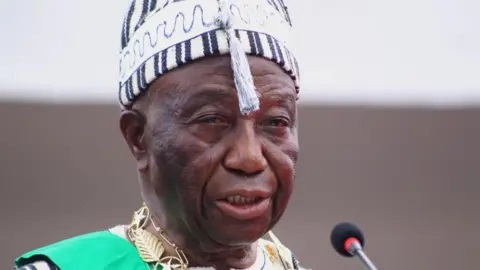In a move that has sparked significant controversy, President Joseph Boakai has initiated a series of mass dismissals of government officials, particularly targeting those appointed during the administration of former President George Weah. Experts suggest that these actions may reflect a systematic purging of the largest opposition party in Liberia.
The ongoing harassment and dismissal of Liberians in government, including civil service positions, have raised alarms among political analysts who argue that such measures are tantamount to undermining the rule of law. Critics point out that the Unity Party, under Boakai’s leadership, has replaced tenure holders despite a Supreme Court ruling deeming such actions illegal. The administration’s approach does not appear to stop there, as it has also engaged in the widespread dismissal of civil servants.
Purging, in a political context, typically refers to the efforts of a ruling government to eliminate dissenting voices and suppress political opposition. The recent actions taken by President Boakai, including the removal of opposition members from their posts without just cause, have drawn comparisons to authoritarian tactics. Reports indicate that opposition members are facing increasing pressure to resign or withdraw from political activities, creating a hostile environment for dissent.
Just last week, well-armed police forces invaded the headquarters of the opposition Congress for Democratic Change (CDC) while members were peacefully conducting their affairs. This incident followed the deployment of armed soldiers and police at Roberts International Airport as they awaited the return of their leader.
Such actions not only threaten democratic governance but also diminish political diversity, signaling a troubling shift toward authoritarianism. The unilateral decisions made by Boakai, including the suspension of the Central Bank governor outside the law and the coercion of the deputy for operations to resign, further reinforce these concerns. Rumors are also circulating that Boakai is pressuring the head of the Fishery Department to resign, raising questions about the future of political stability in Liberia.
As the situation evolves, many are watching closely to see how these developments will impact the political landscape and the rights of opposition members in the country.








